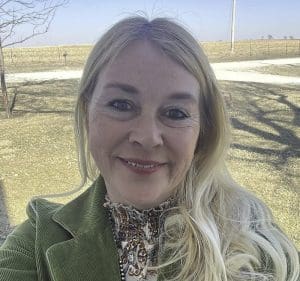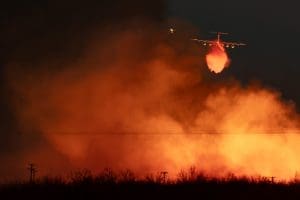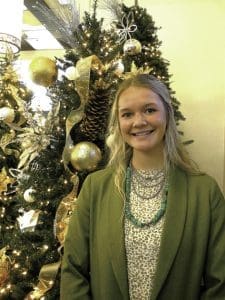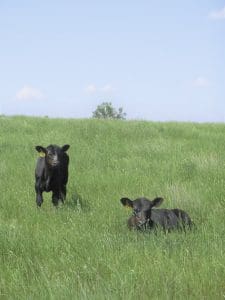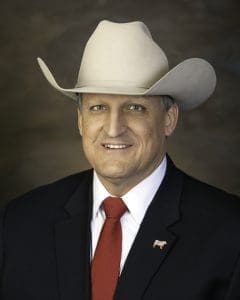By Jim Whitt, Contributing Editor
I had the opportunity to attend a dinner where a member of the U.S. House of Representatives talked about what’s happening in Washington, D.C. We rarely hear anything positive about what Congress is doing, so it was a pleasant surprise to hear him rattle off a list of things the Republican-led House has accomplished this session.
After his presentation, I told the congressman that we never hear about those accomplishments. Now, a big part of that is due to a mainstream media that’s openly hostile toward his party. But that’s just part of the problem. Republicans don’t seem to understand that facts just don’t speak for themselves. You can have all facts in the world on your side and still lose in a war of words. If you don’t tell your story, someone else will — and in terms that will paint a less than flattering picture. For example, ask the people who live in the little blue dots (precincts) on the electoral map to describe Republicans and they will probably use words like greedy, mean-spirited, uncaring, polluters, etc.
The afternoon before the congressman’s dinner, I attended the opening of the Hy-Plains Education and Research Center in Montezuma, Kan. Lunch was followed by a program entitled The Stakeholder’s Role in Global Food Sustainability. Speakers included Carlos Saviani, vice-president of the World Wildlife Fund U.S. Food Team; Luke McKelvie, Global Farmer Program manager for McDonald’s; Emily Murray, Cargill general manager-McDonald’s Beef; Drs. Bob Smith and Trent Fox of Veterinary Research and Consulting Services; Dr. Randall Spare, Ashland Veterinary Center; Mark Gardiner, Gardiner Angus Ranch and Dan Dorn, ABS Powerline Genetics business manager. It was a lineup that connected the dots between the consumer and producer and many of the stakeholders in between.
Shannon Wharton, who oversees research at the facility, opened the program by saying, “The topic today is sustainability, and I know that scares some of the producers. It’s something we do every day. We don’t realize that we do it. We should be proud of what we do, and we should share that story.”
That takes me back to my comments to the congressman. Ask those same people in the blue dots on the electoral map to describe beef producers, and they will likely use terms that make them sound suspiciously like Republicans. And for good measure, they will probably accuse them of animal cruelty and peddling unsafe and unnatural products to unsuspecting consumers. Those aren’t the facts, but that’s the perception. And while perception may not be the ultimate truth, it is the ultimate reality.
Those little blue dots appear miniscule in a sea of red counties, but they represent 50 percent of the population. Blue-dot people think sustainability is a good thing because the media tells them sustainability is a good thing.
Therefore, beef producers shouldn’t be scared of the word sustainability — they should embrace it. As Shannon Wharton says, it’s something they do every day. And the story of how they do it should be shared. If John Q. Public keeps hearing the story of how beef industry stakeholders are working to ensure a sustainable global food supply, perception will eventually start conforming to the facts. And who wouldn’t want to support a cause that ensures a sustainable global food supply?
Blue-dot consumers associate wildlife preservation with sustainability. Those who might have viewed beef producers with a jaundiced eye in the past may see the industry in a new light when they learn the World Wildlife Fund is an industry stakeholder. And this isn’t just a case of good public relations. Carlos Saviani made it clear that sustainability is an economic issue. Feeding the 9 billion people predicted to populate the planet in 2050 is fully dependent on the economic sustainability of every stakeholder in the food supply chain.
Those are the facts. But people don’t buy facts. They buy a story. And every stakeholder in the beef industry has to be involved in telling the story of how they are feeding a hungry world. It’s a great story.

